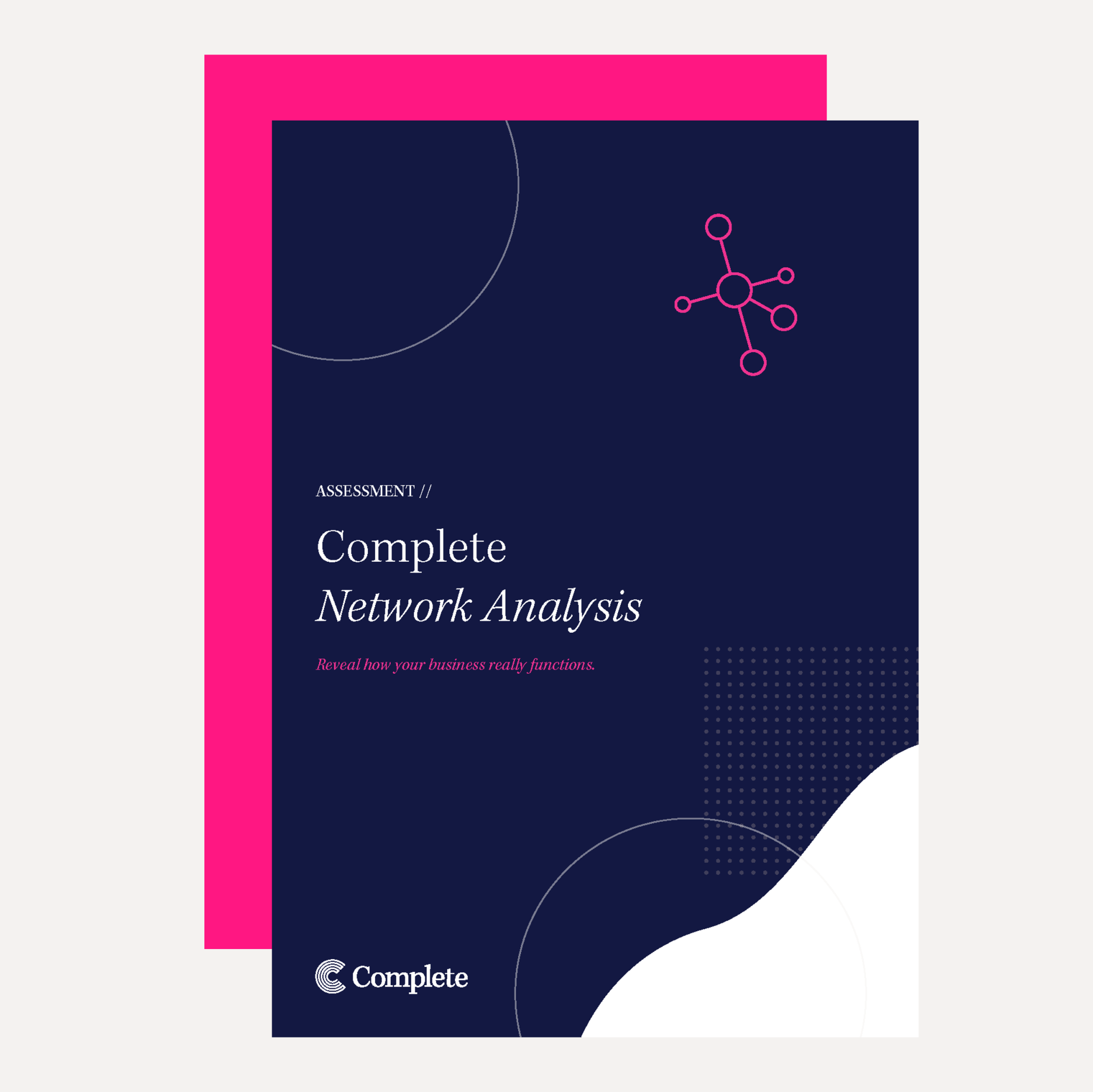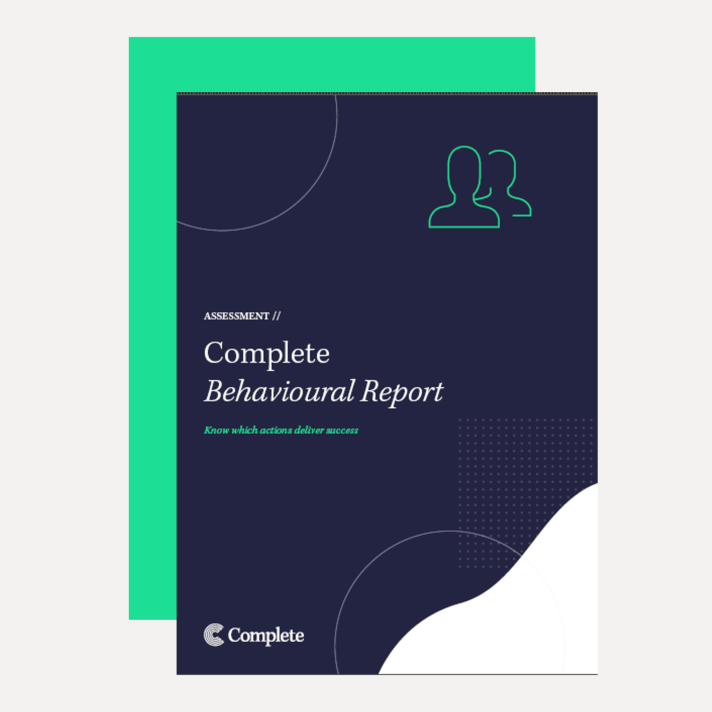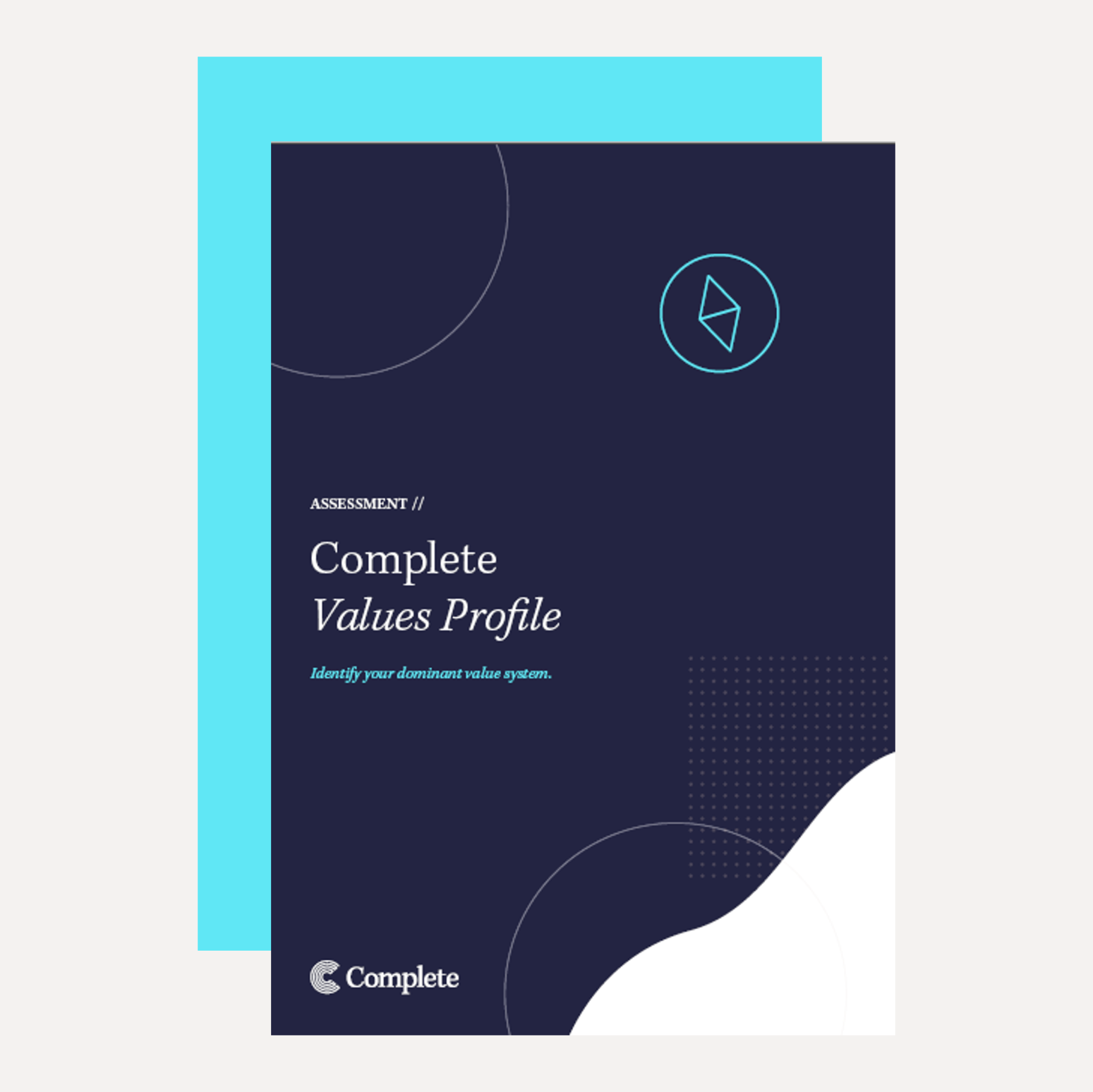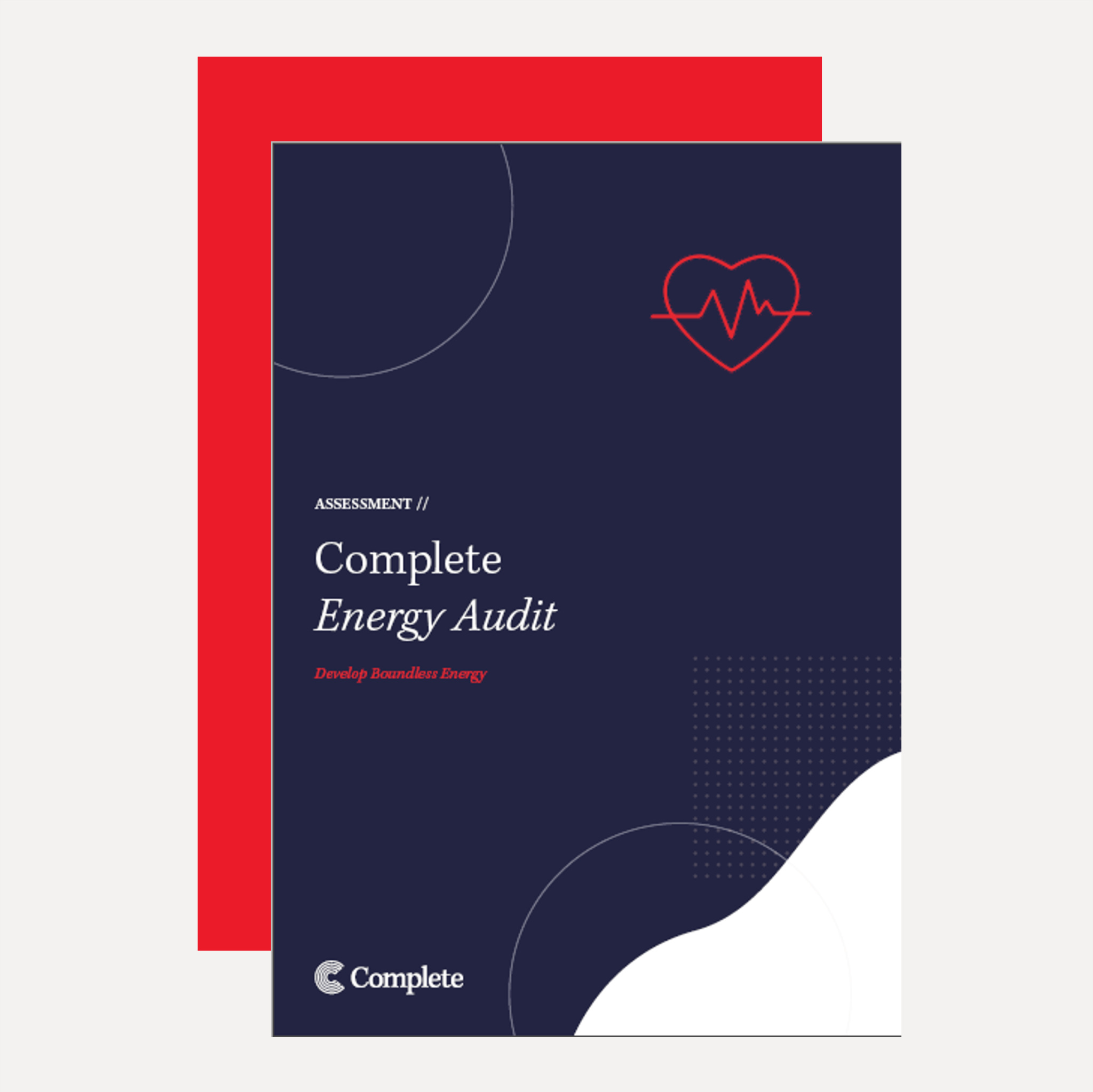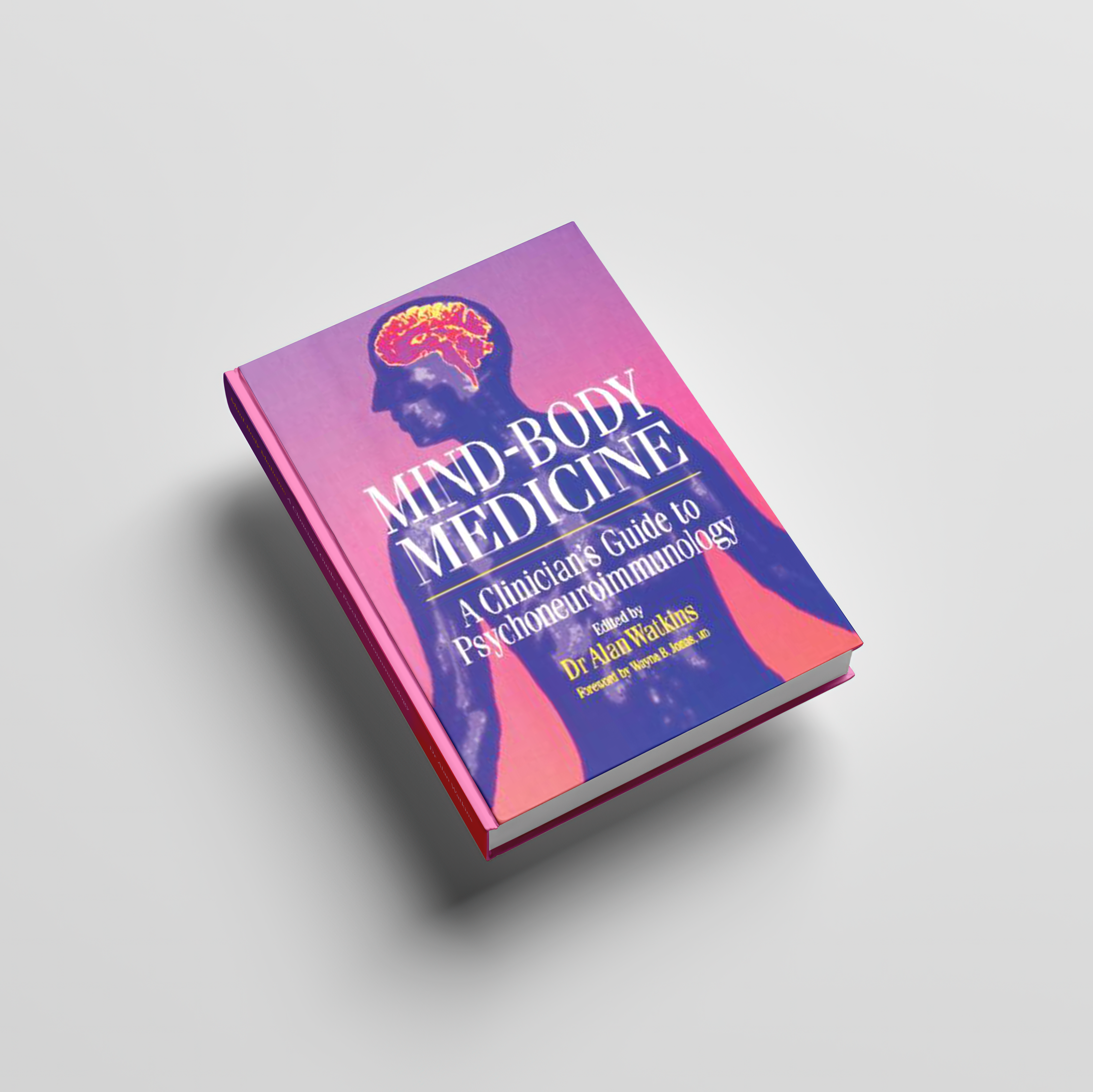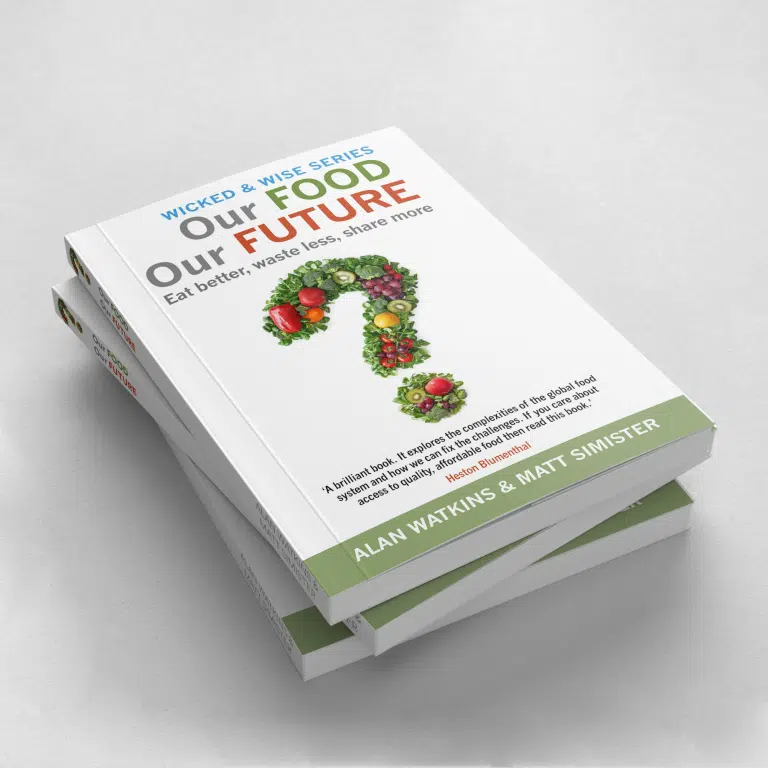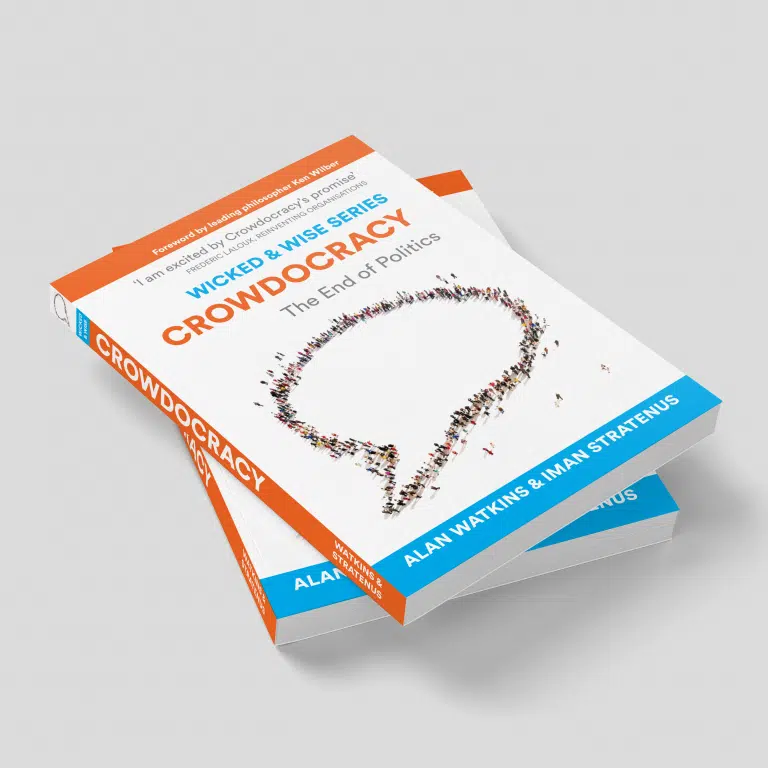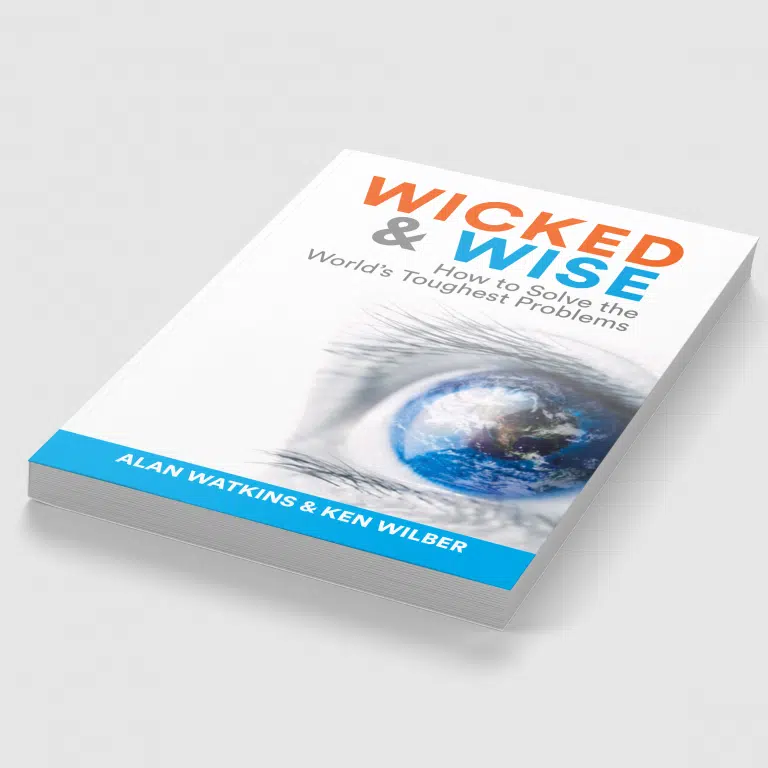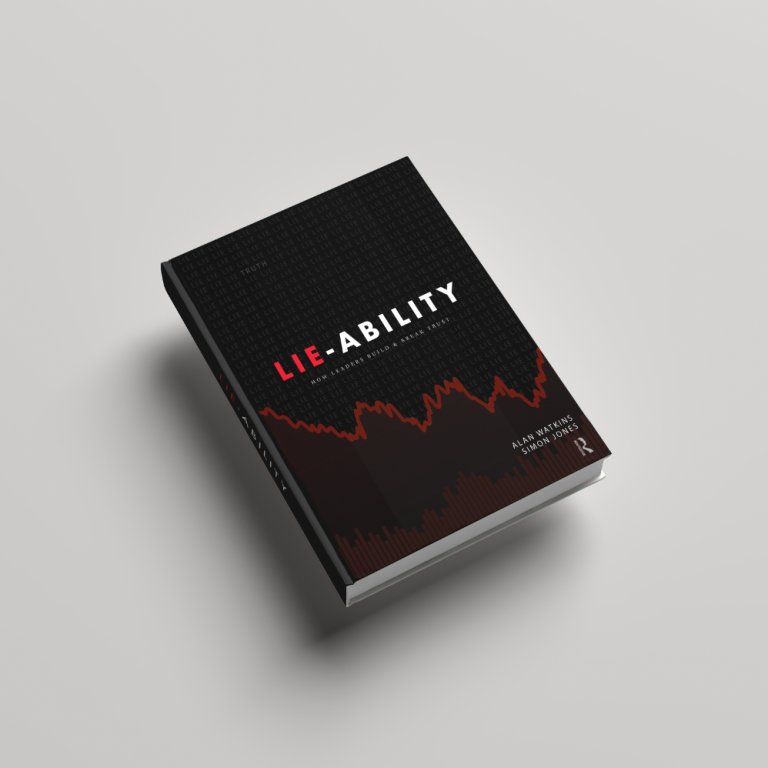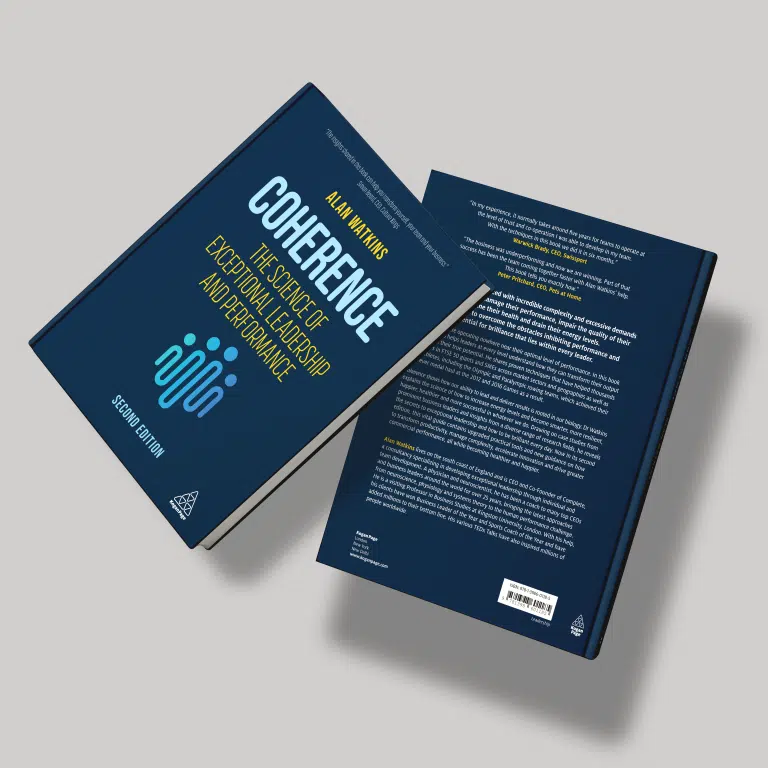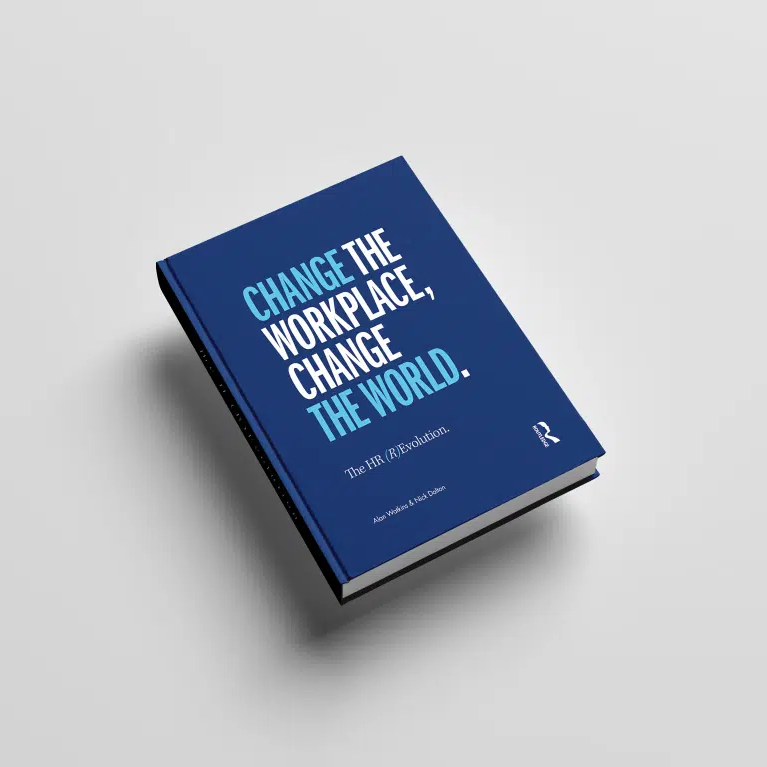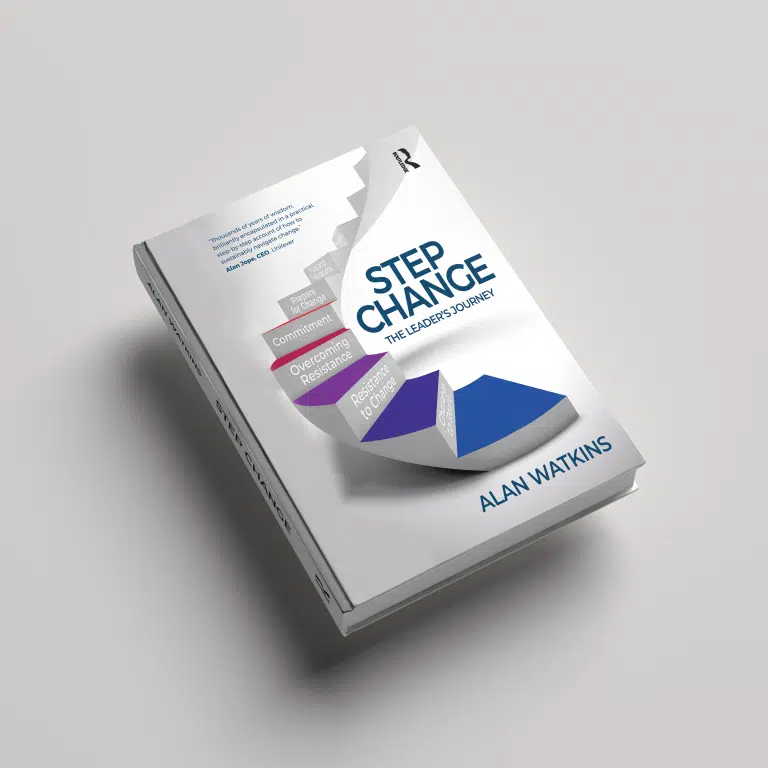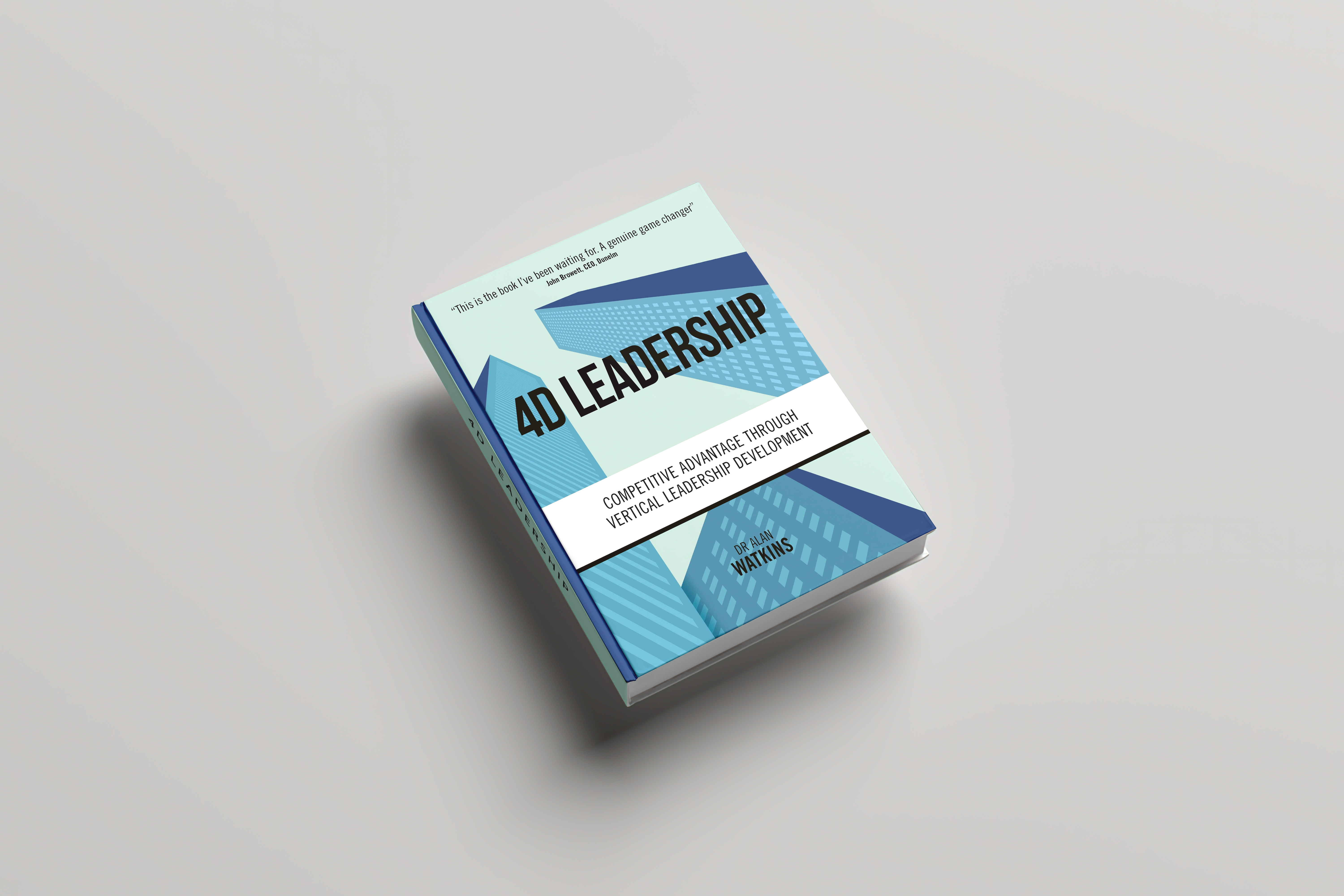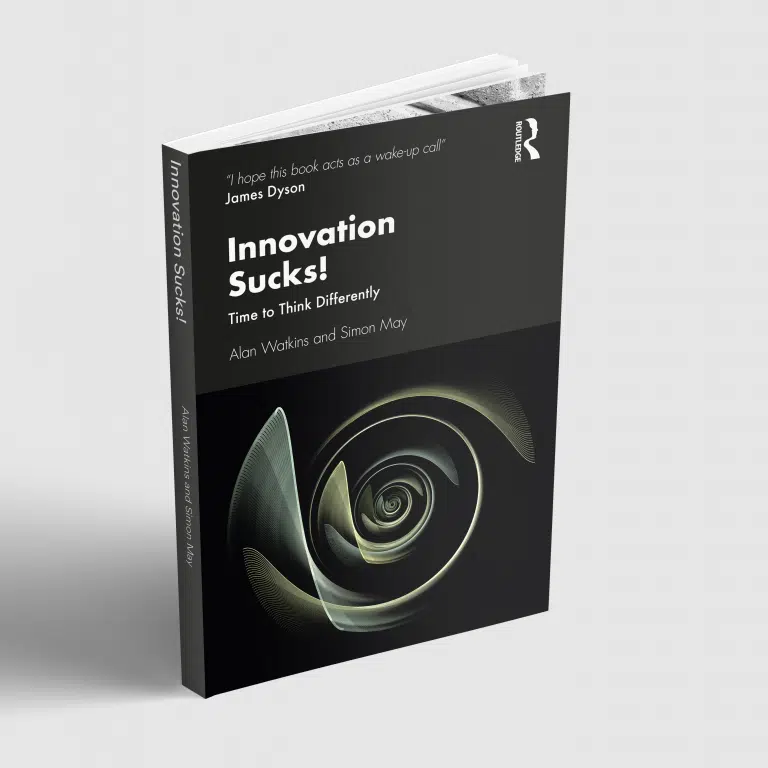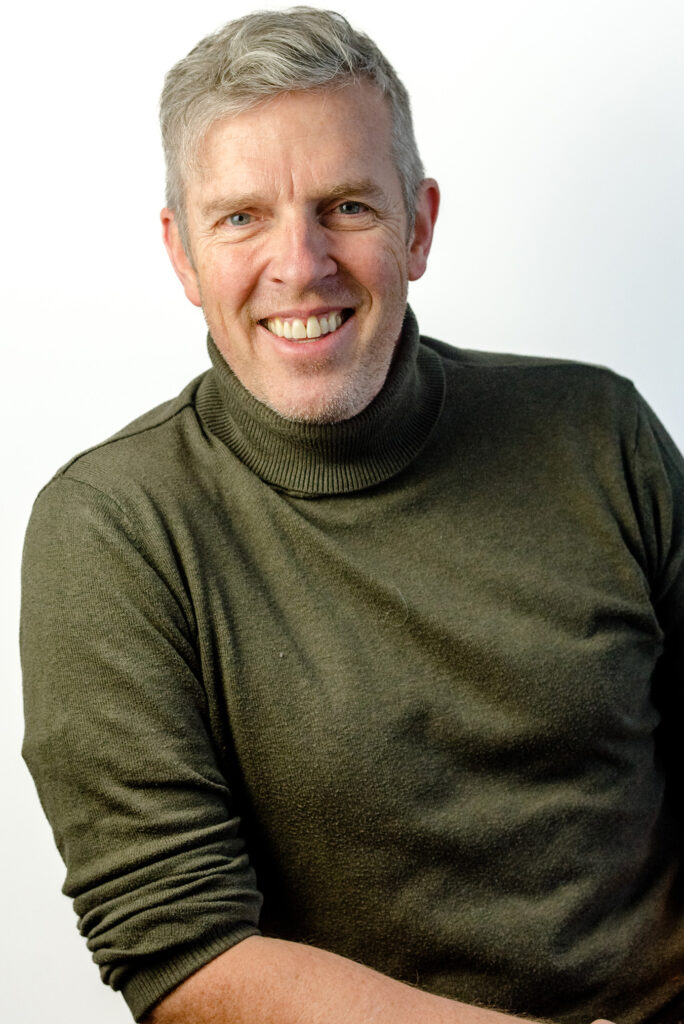I’m always grateful to the Queen that her Jubilee coincides with me marking a decade of my life. Not least because it guarantees me an extra bank holiday to celebrate another decade passing. And so it was this year. The recent Platinum Jubilee marked me leaping into my 50s and prompted me to ask myself am I finally growing up or just growing old? And, perhaps even more crucially, does another decade older make me any wiser?
To explore this, we first need to understand the difference between these two often misused terms. Growing older is the number of years we have been alive and something that happens to us all without us needing to do anything about it. But, as I shared in my blog last year, Seeking peace with not being good enough, growing up is not about age but at what stage of adult development or maturity we are at. We may be chronologically in our 40s, but we could still be a teenager in terms of our level of adult development. Society may deem us ‘grown up’ at 18 years old, but we are 18 years old not necessarily 18 years mature.
As I described in that earlier blog, there are 12 stages of ego development that have been defined. Like 60% of the ‘working western’ world, I was stuck between levels five (expert) and six (achiever).
Experts add value through what they know and are in pursuit of the right answer. Achievers define themselves by their high standards and their ability to achieve them or be the best at doing so.
The game changer for me was the realisation that at these levels of maturity, my sense of identity was intertwined in what I achieved and how good I or others thought I was. This, in turn, was having an increasingly negative impact on me and my judgement of self.
Over the last 12 to 18 months, I have been exploring and actively working on noticing how my self-worth was hampered by the need to achieve. My need to be right, to know everything and to aspire to be the best, or at least pursue perfection, was exhausting. It drove my behaviour at work, in motherhood and in friendship, and I had a pressing need for others to recognise the perfection in me too.
A key moment in my evolution from this state of development was some feedback I received from my boss, Dr Alan Watkins. In our executive meetings I often felt as if I held a different view from others and, in truth, it often felt like the unpopular view. I was continually frustrated that my view was not taken forward in a discussion. I questioned the point of me being in the meeting. I wondered what I was actually achieving by being there. No one seemed to appreciate my expertise and experience … yes, the perceptive readers among you will already have noted my ‘expert achiever’ shadow right there.
Alan pointed out that I was only seeing the value of my perspective if I “won” the discussion, if my point was taken forward (achiever). Yet he saw the value of my perspective whether it was taken forward or not. He told me it informed him and developed his thinking. This hit me like a brick and got me reflecting. It really was time for me to grow up!
Pluralist is the seventh stage of adult development and follows on from achiever. Pluralists are interested in growth. They love to learn from others’ knowledge and expereince, to involve and co-create. They actively seek out different perspectives, ideas and thoughts. They are able to recognise others’ assumptions without judging them or seeing them as competing with their own perspectives. Your truth is your truth, my truth is my truth. Both our views are truth but partial or incomplete.
This final point was hugely significant for me! It is not talking about a singular truth.
Let me explain what I mean … During lock-down I met some new neighbours, who have since become great friends. When social distancing restricted us to being outside with one other household, we spent many an hour chatting in the park while our children played.
As time went on, our conversations became more and more challenging. We discussed Brexit, Scottish Independence, Covid as a conspiracy theory, the role of the monarchy. Nothing seemed to be off limits and, in every almost every conversation, I had the different view or perspective to my neighbours.
However, rather than trying to win the argument and convince them of my perspective, I explored and questioned our truths. And they did the same to me. It was amazing, I learnt so much and what’s more they still like me and I still like them! We’ve brought each other closer to a new truth and grown and learnt so much in the process.
The feedback from Alan and my experience with my neighbours has led me to be much more open to different perspectives. I am less judgmental, and I am increasingly able to quieten my need to be right or to be an expert.
This experience of growing up has been incredibly freeing and energising. I still have my views and they may still be different and often not popular. But if others aren’t interested in taking on my view or my idea, I don’t take it personally or as an assault on my values or identity or self-worth. Instead, I feel happy that I have contributed to the discussion, whatever the outcome. This new stage of development is much less costly to me emotionally and it’s starting to enable me to build relationships that I perhaps struggled with in the past.
So is growing older making me wiser? No, but I think for the first time ever I am realising what it may take to grow up. And recognising that it is making me wiser to the wisdom of others and maybe I’m holding my own wisdom a little more lightly too.












